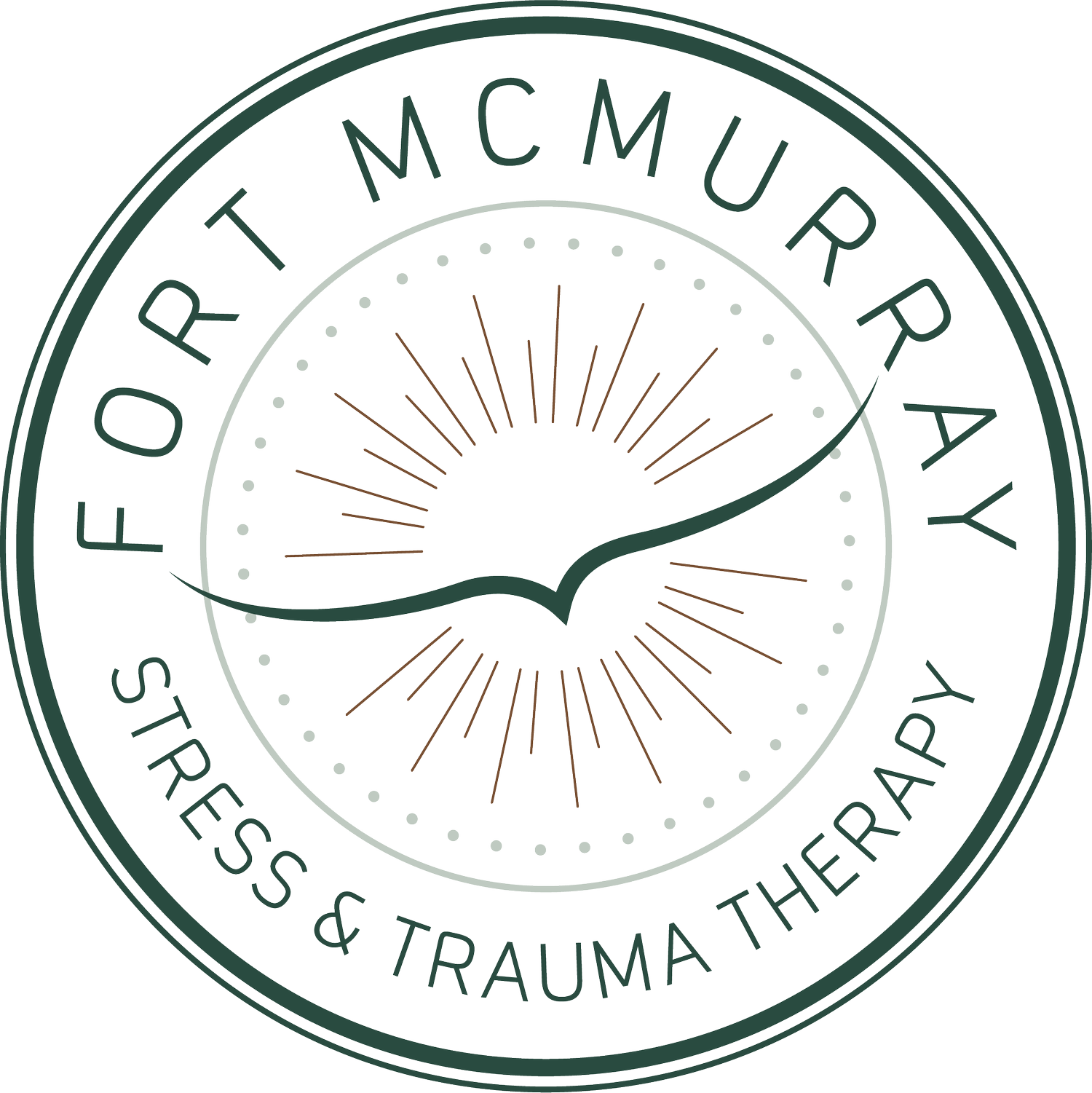Trauma Therapy & Counselling for
Single Incident Trauma & PTSD
An unexpected event that overwhelmed your ability to cope
Life after trauma can feel like a never-ending battle.
The anxiety is relentless. The flashbacks are in your face. And nightmares rob you of your one opportunity to have a break from it all.
Weeks may have passed, but the impact has remained.
You’re either flooded with too much energy, or completely drained. Memories of the event seem inescapable one moment and really fuzzy the next. Nightmares leave you shaken and a good night's sleep feels like a distant memory.
It feels like these symptoms have invaded every part of your life. They make work harder and relationships more complex.
Your go-to coping strategies provide little relief. And those around you don't truly understand how challenging it is to get through your day.

You want a break.
And some control would be nice too.
You want to return to ordinary aspects of life we often take for granted before trauma strikes. You want to be late for work because you followed that craving for a morning latte. Not because anxiety or a panic attack forced you to pull over.
You want an evening with friends to be the source of your exhaustion. Not your nightmares or increasing fear of sleep.
And you want to chill out, scrolling your favourite app for a few minutes at the end of the day. Not anxiously googling how to cope with your latest symptoms.
You want to make the choices again.
Not the trauma.
When faced with frightening or overwhelming events, our brains reorganize. Your brain's alarm activated and this updated your mind's chain of command. The logical, thinking areas took a backseat. And the automatic and reactive survival regions got promoted to Team Lead. Their first memo to your system was that danger can lurk anywhere. You always have to be one step ahead.
The new company slogan is simple: “It’s better to be safe, than sorry.” Hearing every harmless noise is distracting. But, it makes you less vulnerable to potential threats. And it’s safer to be tired than miss signs of danger while asleep. These strategies are helpful adaptations in the short term. They increased your sense of safety just enough to keep you moving forward in the aftermath of trauma.
This promotion often lasts a few weeks. When the logical parts of your brain resume their executive role, they'll send out an updated memo. Once you get the all-clear, your system can return to its previous functioning. When updated within the month, we call this Acute Stress Disorder (ASD).
If high energy levels continue and this help is not required, symptoms will be created instead. This is why insomnia, anxiety, panic attacks, excessive anger and irritability are common after trauma. If symptoms persist past four weeks, a medical professional may assess you for Post-Traumatic Stress Disorder (PTSD). An assessment and diagnosis is not needed unless this feels important to you.
I want that for you too.
So let's first address that google search.

I'll save you another trip to Google.
It is possible to heal from trauma and PTSD.
Trauma is an injury. Like a broken bone or wound that requires stitches, it is not a life sentence.
You deserve compassionate and effective care following trauma. With attuned support, individuals generally resolve symptoms after processing trauma-related experiences. I can help you access and process stuck feelings and sensations related to the event. And update your responses and beliefs to reflect your life now.
You can learn more about my approach to trauma work here.
Let's circulate that updated safety memo, so choice and lighthearted moments can return.
Ready to Begin?



